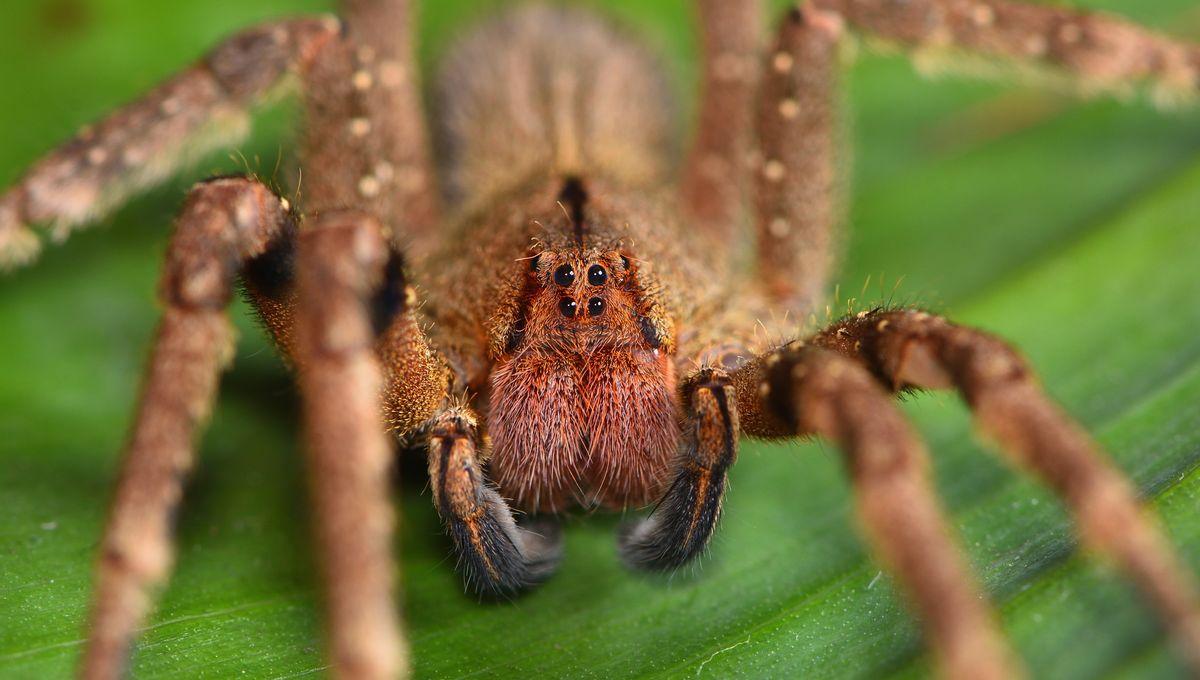Spiders might be famous for freaking people out with their spindly legs and the way they scuttle about, but they are actually a remarkable group of highly diverse hunters. Many species of spiders possess venom as well as a multitude of prey-catching tactics, so researchers decided to look at the combination of venom potency and amount in relation to a number of factors.
The team decided to compare factors such as diet, silk use, and body size in how they relate to venom potency and yield in 75 different spider species. The researchers wanted to explore how the factors might be interlinked and compare what is known as evolutionary trade-offs. For example, it could be thought that bigger spiders could have less venom as they make up for it with a larger body size. By comparing different research papers and literature on the spider types, the team began to build a picture of what the main influences on spider venom potency are. And the result was somewhat surprising. “Our results show that spider venoms have evolved to be especially potent when tested on animals found in their diet in the wild,” said lead author Dr Keith Lyons from the University of Galway’s School of Natural Sciences in a statement. “This may explain why species that are known to occasionally prey upon small mammals, such as the Brazilian wandering spider or Black widow, have venoms that can cause medically significant effects in us humans, whereas species that only prey on invertebrates, such as the Giant house spider, have evolved venoms that target invertebrate physiologies rather than our own, posing little threat to us.” The team found that the venom was prey-specific, meaning that spiders that had evolved to hunt insects had a very effective venom for killing crickets but much less effective at killing small mammals. They found no evidence for a trade-off between size and venom potency, suggesting that venom is relied on in some way during most prey capture events, regardless of how large the spider is. When looking more closely at whether the spider species that span webs to catch prey had less potent venom, the team were again surprised by the results. “We predicted that web-hunting spiders might have less potent venoms because they may have evolved to rely more on their webs to immobilise prey. Surprisingly, we found no relationship between whether a spider used their web and the potency of their venom, suggesting that webs are likely important for restraining prey in web-hunters, regardless of how deadly their venom is,” said Dr Kevin Healy, Senior author and Head of the Macroecology lab at the University of Galway's School of Natural Sciences. The paper is published in Biology Letters.





